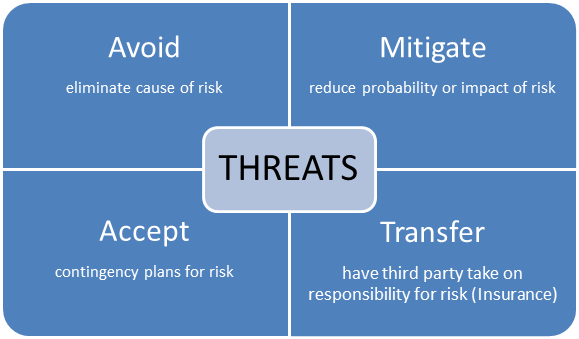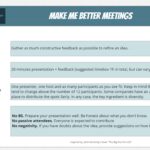The Beauty of Pre- and Post-Mortems
The Beauty of Pre- and Post-Mortems
Product Academy Blog
The Beauty of Pre- and Post-Mortems
How dancing with Mr. Black can help you take better decisions in product management and life
A vital part of learning consists in looking back on our actions and reflecting in order to adjust our future behavior if needed. In product management, when everything goes to hell, we conduct what we call a post-mortem. It’s like a little funeral for a project, a feature or even a product where everyone gathers to discuss what went wrong and how to avoid this outcome in the future. (Actually, my friend Sascha Kropf told me about a company that literally suits up in black and burries an actual prototype or product item close to their company building… 😉).

Mitigate your risks by conducting Pre-Mortems
While this is a valid and useful way to accelerate your learning curve, you still lost value which is especially painful when the stakes are high. In this case, you might want to refer to a technique called pre-mortem: before starting a risky, complex and important endeavor you rally the team and think about a specific date in the future imagining the project has been a complete desaster.
Everyone is invited to brainstorm :
- What happened ?
- How did we end up here ?
- How could this have been avoided?
This is the moment where pessimists can really shine 🙂 The goal is, obviously, to determine the most substantial risks for the project and to address them beforehand (which can mean either mitigating, reducing or deliberately accepting them).

Using Pre-Mortems in your personal life
On a personal note: This framework is also a super powerful tool for our personal lives. One of my highest stakes in life is for my marriage to last. It’s one of the things I really do not take for granted as I know the odds are not necessarily stacked in our favor. I could certainly learn my lessons in this marriage and then apply them to my next one, but I really hope this won’t be necessary. So I am trying to regularly conduct a pre-mortem of our marriage:
If – five, ten years from now – we were getting divorced, what would have led to this decision? Looking back on the day of our divorce, would there have been anything we could have done differently in order to avoid it? It’s scary to do this. It does trigger some intense conversations. What it does not is increase the chances of getting divorced (just like talking about death will not kill you…). If anything, it helps to be more mindful and to take more responsibility for the family system that we are building.
Have you ever used pre-mortems in product (or in your personal life)? Curious to hear about your experience.




